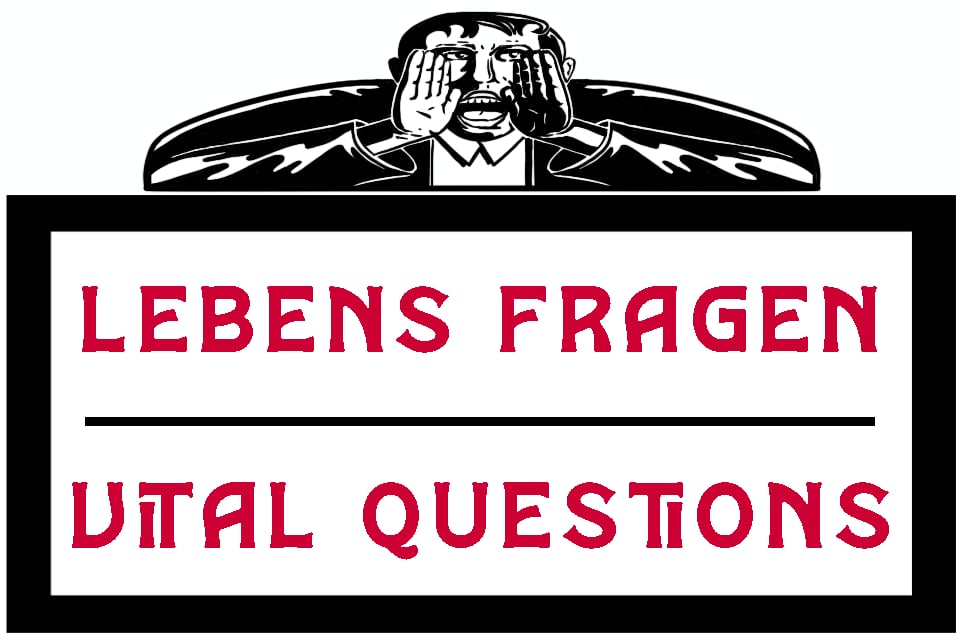Opinion | Columns
What happened to the Bund?

By Macy Sinreich / Deputy Illustrations EditorBy Raphie Mostov • November 13, 2024 at 11:19 PM
By Raphie Mostov • November 13, 2024 at 11:19 PM
When I shared the first installment of this column on my Instagram story, one of my friends asked about the meaning behind the title and cover illustration. I explained I’d taken inspiration from a campaign poster for the Jewish Labor Bund, to which my friend pointed out that my title doesn’t have anything to do with the Bund. According to Google Translate, “Lebens Fragen” actually means “life questions” in German. Petty arguments aside, the Bund can be a somewhat obscure piece of historical trivia. I had never heard of it until late last spring, after I found a community of anti-Zionist Jews here at Columbia. So you can be forgiven for wondering, what exactly is the Jewish Labor Bund, and why is it relevant to Jewish life at Columbia today?
When I first learned about the Bund, I assumed it was a fringe and inconsequential movement. Why else would I not have been taught its history earlier? I was surprised, then, to discover that the Bund was the most influential Jewish labor party in early 20th-century Poland, and that it had an established presence throughout most of Eastern Europe. The party was officially established in 1897. Fed up with antisemitic pogroms and poverty in a capitalist economy, a group of Jewish workers in Vilna, now a part of Lithuania, sought to unite Jewish workers across the Russian Empire into a single socialist party. They saw no contradiction between the fact that they were a group of Jewish people and their vision for a socialist, secular organization.
The Bund wasn’t the only Jewish ideological movement established in 1897. That same year, Theodore Herzl created the World Zionist Organization. Herzl believed that the only way to avoid antisemitism was to establish a Jewish state. The Bundists, however, saw the Zionist vision of seeking to establish a Jewish state within Palestine as an escapist solution, one which affirmed the antisemitic assertion that Jews were foreigners in the countries where they were at home and served as patriotic citizens. The Bundist precept of doikayt directly translates to “hereness,” although perhaps a clearer example is found in the Bundist slogan, “wherever we live, that is our homeland.” This is in direct contradiction to the dortikayt, “thereness,” of Zionism.
In time, the Bund would become more than just a political party. Between 1905 and 1906, it stopped three separate pogrom attempts. It was also an influential force in the 1905 Russian Revolution, developing its armed revolutionary wing into one of the strongest in western Russia. The Bundist movement’s reach was wide, and, as I discovered, the party shaped the lives of the ancestors of people around me.
At a Shabbat dinner last spring, I met Rachel, whose great-grandfather—having spent his life confined to the Pale of Settlement, subject to state-sanctioned massacres targeted at Jews and denied an education and livelihood—joined the revolution in 1905 when he was the same age that she is now. He risked everything—including his life, his well-being, and his family—for the hope of liberation; and not of liberation in some mythical “land of Zion” but rather in the land he had known his whole life. Despite never being a member of the Bund, he organized alongside Bund members to overthrow the czar and liberate his homeland through general strikes and armed struggle. In 1906, he was brutally beaten by the czarist police, narrowly escaped, and hid in the home of his future wife before fleeing to the United States the following year.
The trauma he carried from those years never left him, but neither did his values of collective liberation. Instead of traditional lullabies, he taught his grandson, Rachel’s father, songs from the revolution commonly sung by the Jewish underground. Later, Rachel would learn these same anthems. The title of one of those songs, “Daloy Politsey,” directly translates to “down with the police”—or as it has been reclaimed in contemporary vernacular, “fuck the police.”
When Rachel got arrested during the first “Gaza Solidarity Encampment,” the song Daloy Politsey immediately came to her mind. She thought of her great-grandfather, the lessons of his memory, and his commitment to collective liberation. Though her struggle was very different from his a century before—not for survival, but out of solidarity—the parallels were evident. The state had been sent to crush hope for a liberated world on April 18 as it had been in 1905. No matter the place or the time, a world free of occupation, state violence, and subjugation is a threat to those in power. She knew at that moment that she was carrying on his legacy.
Although many of the Bundists saw the same fate as their fellow Jewish peers in Europe, they struggled to the very end. Today, the Bund lives on through the actions of Rachel, and of anti-Zionist Jews in their homelands, wherever they may be.
Raphie Mostov is a senior in the School of Engineering and Applied Science studying math in the 3+2 program with Bard College at Simon’s Rock. This is his first time writing for a publication. He enjoys board games, reading political theory and philosophy, and playing with his dog, Milo.
To respond to this column, or to submit an op-ed, contact opinion@columbiaspectator.com.
More In Opinion
Editor's Picks

